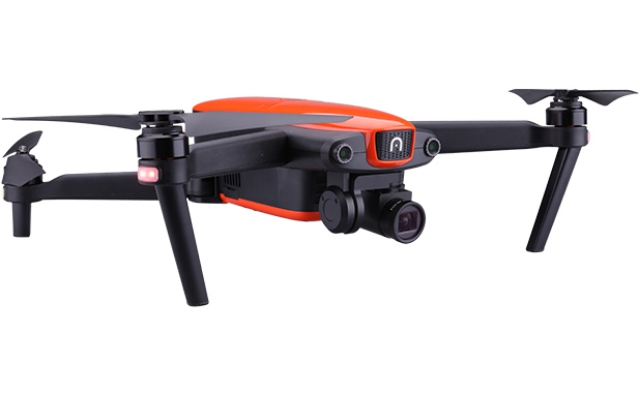China-based DJI is accused of using Autel’s patented features for following a flight path while avoiding obstacles, rotor assembly, and a way to switch out battery packs to minimize lag time between flights. Autel wants the U.S. International Trade Commission to ban imports of models of DJI’s Phantom, Mavic, Spark and Inspire drones made in China by DJI, according to a complaint filed in Washington.
“If DJI’s big market is the U.S., then this is a big deal for them,” said Paul Brinkman of Kirkland & Ellis in Washington, who specializes in ITC cases and isn’t involved in this one.
Autel, which says it designs and makes its drones in the U.S., contends in the complaint that excluding DJI drones from the U.S. “is likely to improve competitive conditions” in the market by providing opportunities for others, including Autel, Yuneec International Co. and Parrot SA.
Even if DJI’s products are excluded, “consumers would still have a variety of products from which to choose that would be manufactured by Autel and other companies,” Autel said in the complaint.
Adam Lisberg, a spokesman for DJI, said the company had no comment on the complaint.
The trade complaint escalates a legal battle that’s been simmering between the companies for the past two years, after Autel began selling its X-Star quadcopter in the U.S. and later its EVO models. Each has accused the other of incorporating their respective technology without paying for it.
“It’s definitely ramped up the case,” Brinkman said. “Anything on a slow track at district court isn’t going to matter so much.”
By filing a complaint with the U.S. trade agency, Autel raises the stakes. It’s rare for a federal court to block sales, even when it involves competing products. The trade commission, by contrast, often issues import bans if it finds products infringe U.S. patents. The patents in this case all expire after 2030.
The commission is a quasi-judicial agency tasked with investigating allegations of unfair trade practices, including patent-infringement. If it agrees to launch an investigation it typically issues a final decision in about 15 to 18 months. If it issues an import ban, then the agency could allow sales to continue for public interests like agricultural needs, but the desires of hobbyists are unlikely to sway the commission, Brinkman said.
The case is In the Matter of Certain Unmanned Aerial Vehicles, Complaint No. 3335, U.S. International Trade Commission (Washington). The notice can be consulted here.
Source: My Broadband

